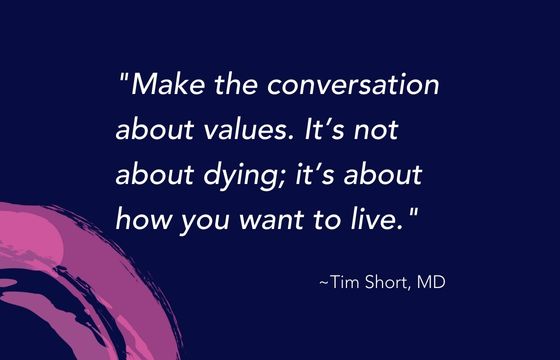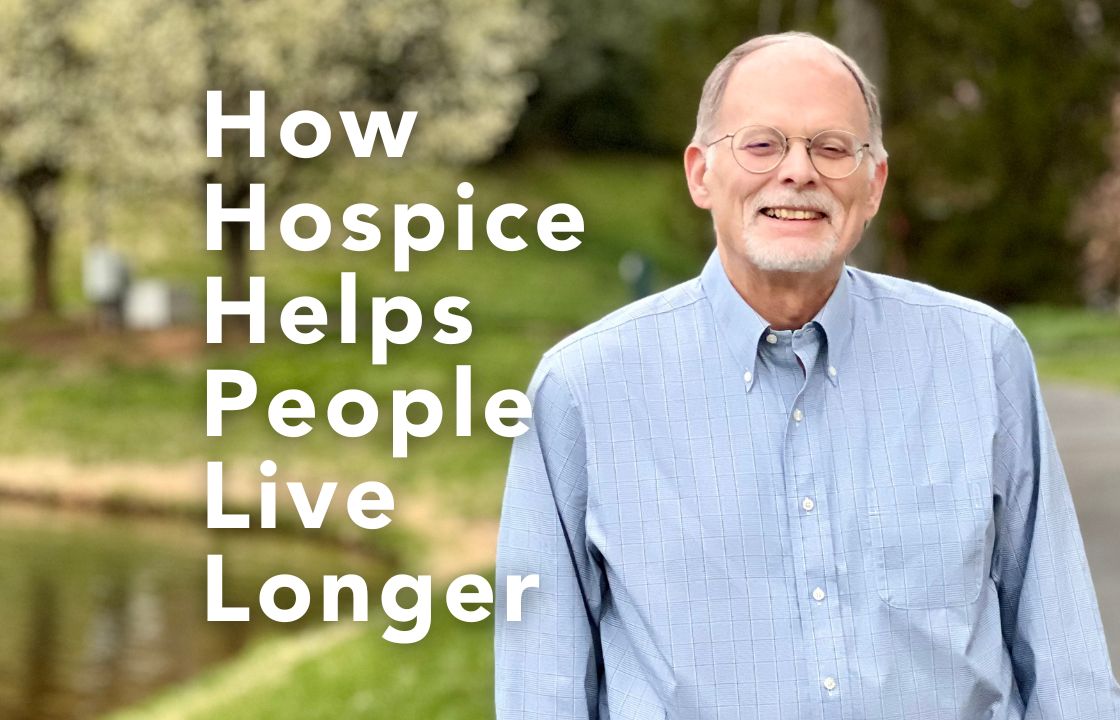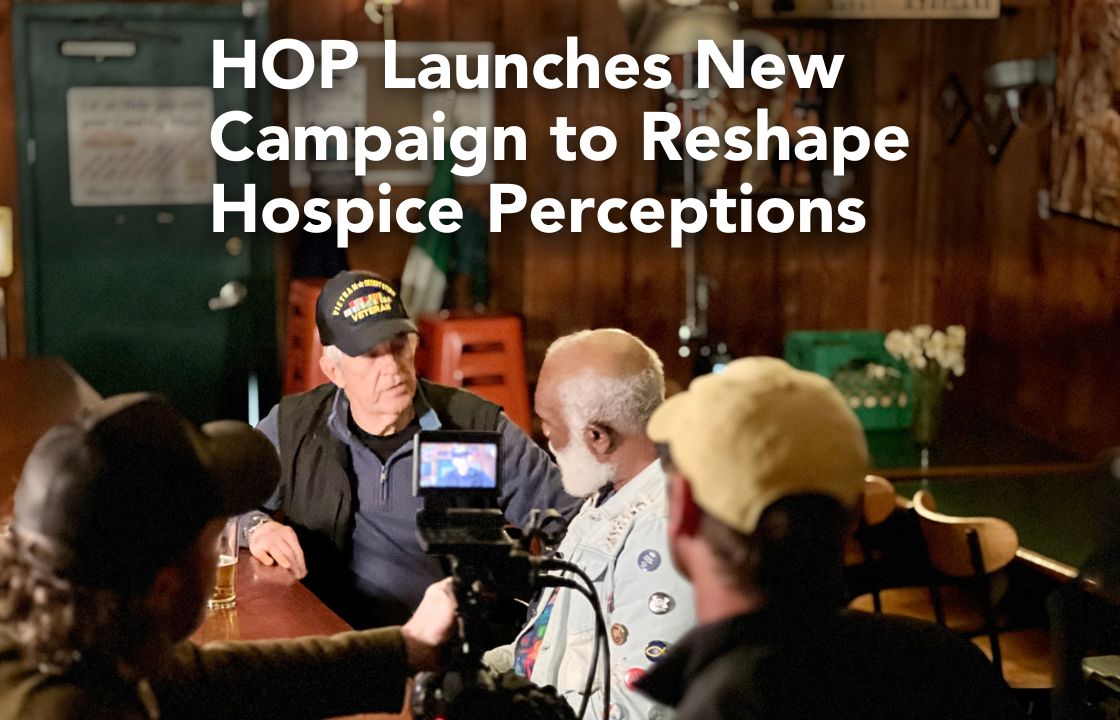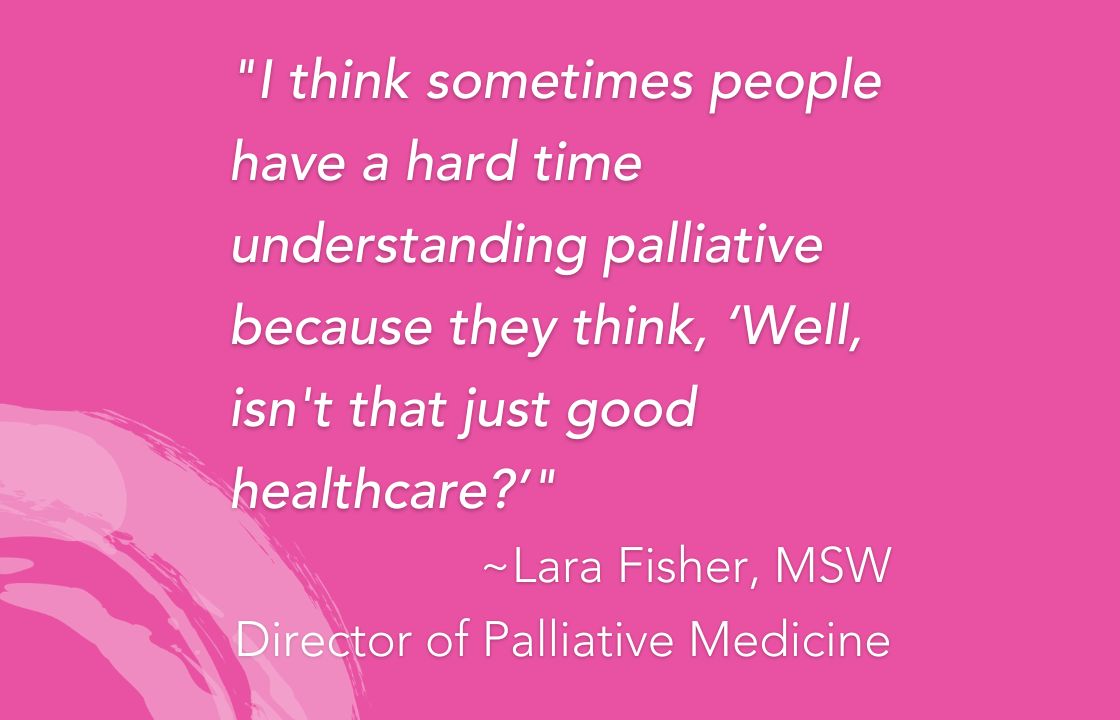For better or worse, holidays are frequently a time for families to come together. And whether it’s your aunt detailing the rules of pickleball or your nephew explaining cryptocurrency, the one thing that’s often on the menu is awkward conversations. So, why not make the awkward conversation productive and talk with your family about their end-of-life plans?
We sat down with Hospice of the Piedmont Chief Medical Officer Tim Short, MD, to get his advice on how to talk with your family about one thing that’s certain in life – death. When discussing end-of-life decisions, Dr. Short’s recipe has three main ingredients.
Ingredient #1: Make a Plan
“It’s important to be intentional,” says Dr. Short. In fact, it’s a good idea to give your loved one a heads-up before you get together. Asking, “Can we please talk about something important?” can help ensure no one feels caught off guard later.
Also, consider whom to include in the discussion. Dr. Short reminds us, “When families have opposing views, it’s constructive for them to hear mom’s or dad’s wishes together; that way, it’s hard for them to argue later on. If they’re left guessing, that’s where families fragment.”
Another key consideration is when to have the discussion. For example, you’re probably not going to get too far if family members are distracted by the football game. So, plan the discussion for a time when the family is winding down in the evening or perhaps over breakfast the following day.
Ingredient #2: Memorize Your First Sentence
The best way to prepare in advance is to memorize your first sentence. Dr. Short suggests trying to frame the conversation about hopes, not fears. “Make the conversation about values. It’s not about dying; it’s about how you want to live,” says Dr. Short.
When faced with serious illness or in our final days, most people want to be able to make their own decisions about the care they receive. But that’s not always possible. Dr. Short suggests asking, “It would be helpful to know: What’s important to you? What’s your view of an acceptable quality of life?”
In Atul Gawande’s Being Mortal, one patient is asked this question, and the answer surprises his son, “Well, if I’m able to eat chocolate ice cream and watch football on TV, then I’m willing to stay alive.” So, remember that “values” don’t have to be esoteric.
Ingredient #3: Continually Ask for Permission
End-of-life planning can be challenging, so remember to ask for permission to continue the conversation. It shows that you’re being sensitive and allows your loved one to say, “I’ve had enough.” You may realize the conversation has reached a saturation point through verbal or nonverbal cues. If so, it’s okay to table the discussion to be continued at another time.
Showing you care through additional check-ins can open the door for further questions like, “Would it be okay to ask if there are any hard stops for you?” For example, some people know they don’t want dialysis, CPR, or a feeding tube. “It’s really helpful to know these ‘hard stops’ because when families find themselves at those crisis intersections, their loved ones are frequently unable to make their own decisions at that point,” says Dr. Short.
And for Dessert: Additional Resources
Of course, a conversation is just the beginning. It’s also important to document your decisions. There are online tools that are free and easy to use. Remember always to make copies of your advanced directives for your primary care physician, local hospital, attorney, and family members.
You can also always reach out to Hospice of the Piedmont. We have a Community Navigator who can answer questions about everything from advanced directives to simple questions about aging and decisions that must be made as people get older. We also have Social Workers on our Hospice and Palliative Medicine teams who can help guide difficult family conversations.
To request advice or a consultation, fill out this form. We’re here to help.



